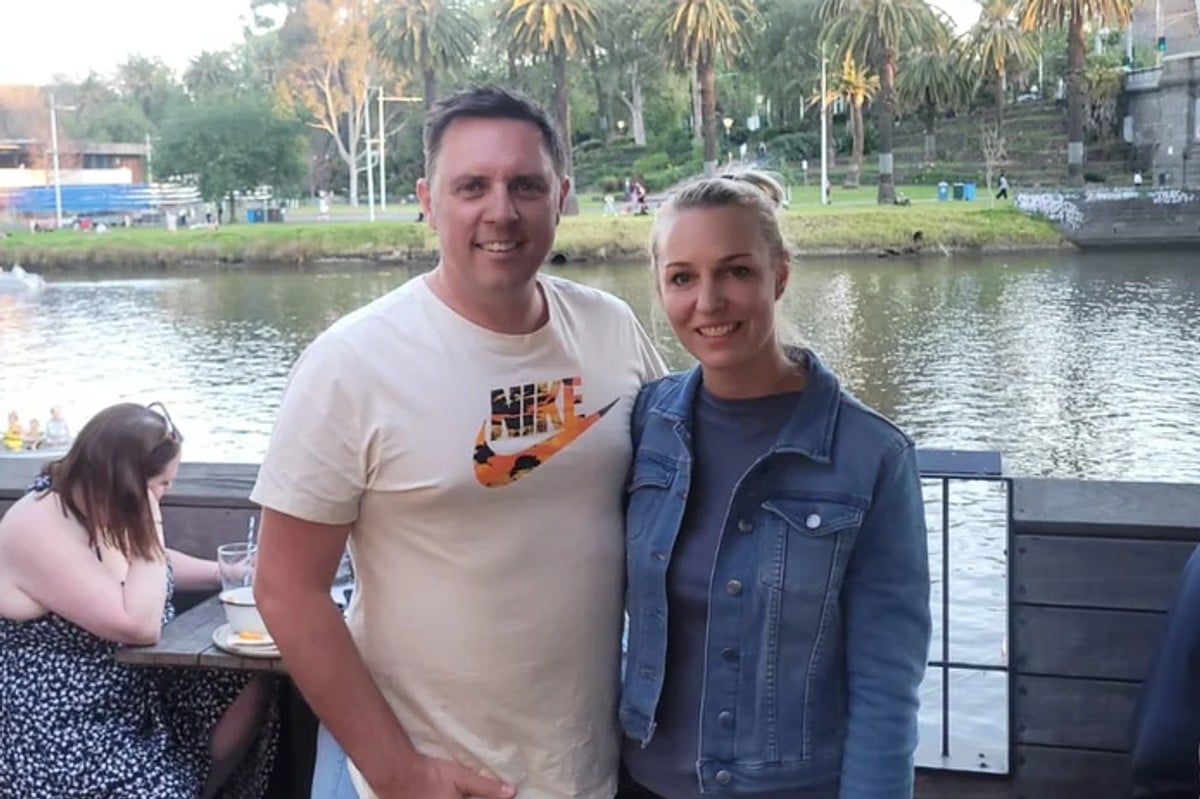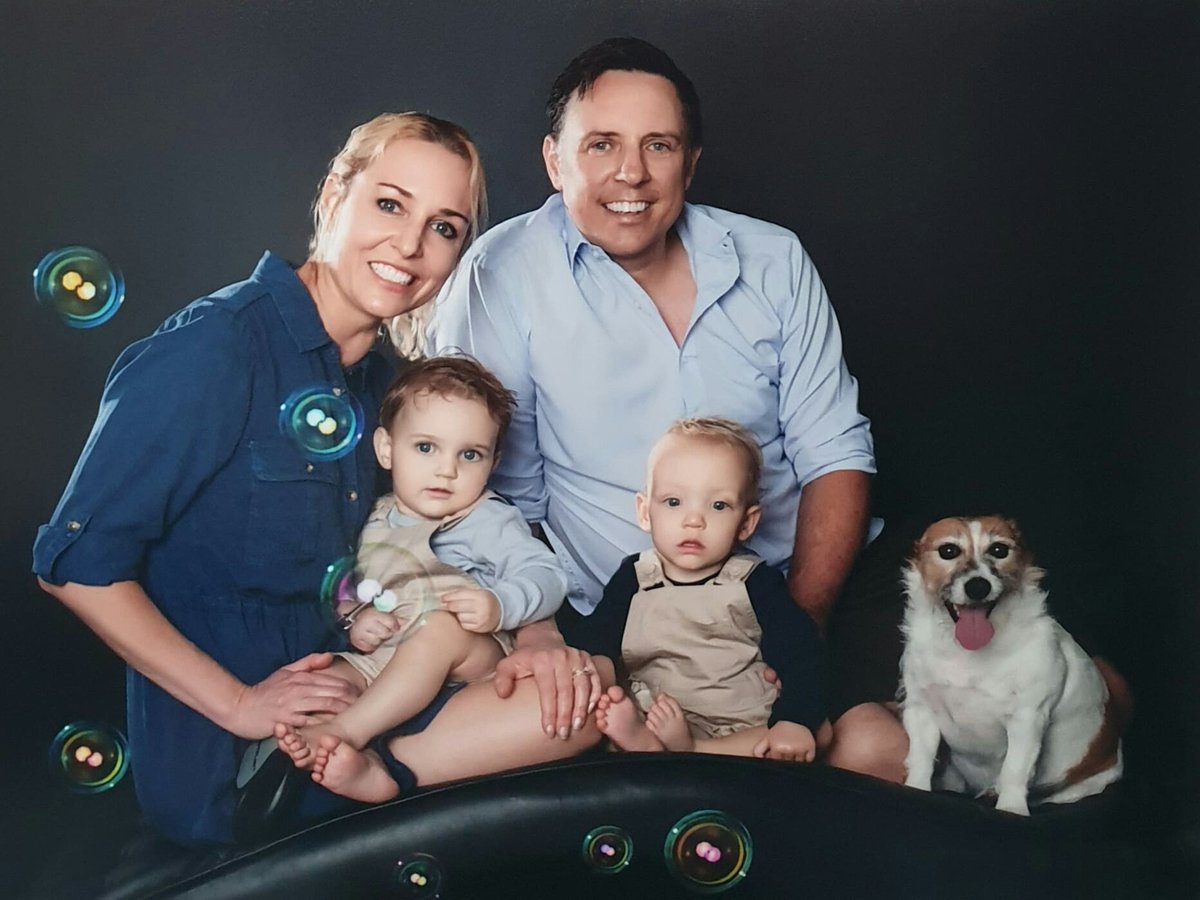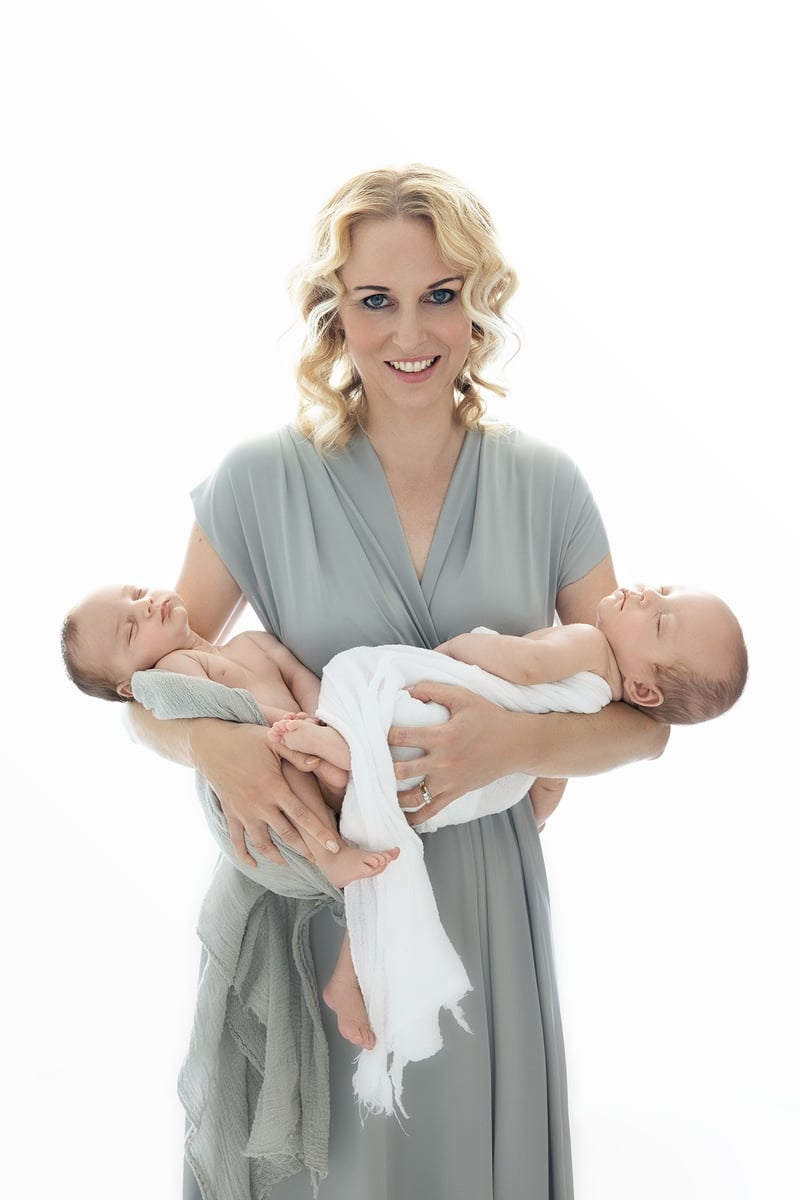
If you want to support independent women's media, become a Mamamia subscriber. Get an all-access pass to everything we make, including exclusive podcasts, articles, videos and our exercise app, MOVE.
The phone call that changed everything came while Amanda was sitting at her desk at work.
"I'm sorry to tell you, but you've got cervical cancer."
In her 30s, with dreams of motherhood ahead of her, Amanda's world stopped.
It started with pre-conception testing in 2012. During a routine pap smear, one look overtook her doctor's face: concern.
"I felt like there was more bleeding than usual," Amanda told Mamamia. Still, she didn't think much of it.
When she collected the results, expecting a quick appointment, she was told stage three squamous cells indicated abnormal cells that could develop into cancer.
"Within a week I was at the gynaecologist," she recalled. "He did a biopsy and had the same look on his face and I was like, 'This isn't good.'"
Then came the call. Cancer.
"I just stood up and went, 'I've got to go' and burst into tears," Amanda said.
The diagnosis shattered every assumption Amanda had about her healthy body and the future she'd mapped out.
She immediately called her husband Ryan, tearfully breaking the news.
 It took Amanda and Ryan years to finally grow their family. Image: Supplied.
It took Amanda and Ryan years to finally grow their family. Image: Supplied.





























































































